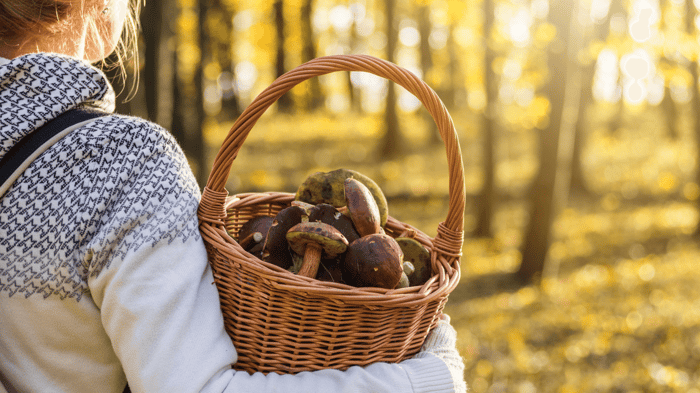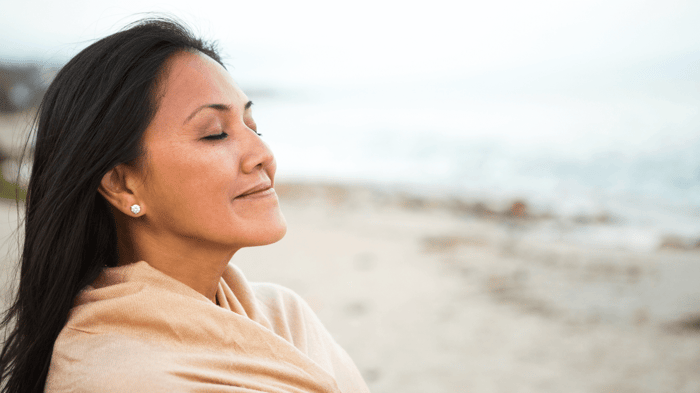
The pandemic has been making us lonelier. Americans were having issues with loneliness before Covid-19 started, but the lockdowns, masks and prescribed social distancing has definitely exacerbated the problem. Since the pandemic started Americans are reporting increased feelings of loneliness, more social isolation and less happiness.
Social connection is one of the greatest predictors of happiness in a person’s life. Those with quality social connections report being happier overall and more resilient during difficult times. Having someone close who you can talk to and share your feelings with is important to good mental and physical health.
Quality personal connections can be intimate or casual, though the most important determinant of a quality connection is being present. If you give your attention to others you receive a gift of connection in return. It’s about noticing the person you’re with and experiencing their humanity while sharing yours.
Loneliness Before COVID-19

Loneliness is a feeling of isolation from other people, and there had been a growing epidemic of loneliness in the US long before COVID-19 came along. In the US now 35.7 million adults live completely alone and Americans report having fewer close friends than in the past. Roughly 60% of Americans reported feeling lonely before the pandemic began.
Loneliness has been shown to have big negative effects on health, increasing chances of heart disease, cancer and memory problems. Feeling lonely can intensify symptoms of any illness and make recovery more difficult. And mental health can be greatly affected by feelings of isolation; problems such as depression, anxiety, self-harm and substance abuse are common.
Covid-19 lockdowns have accelerated the growing loneliness trend.
Loneliness in the Months of COVID-19

I have felt the effects of the pandemic lockdowns on social connections in my own life. While I am fortunate that I do not live alone, I have lost a lot of my normal social contacts.
My increased isolation has been due to my usual activities being shut down -- classes at the gym, church services, kids sports games. All of these casual yet high-quality interactions have been completely lost for me during these many months.
Then there are more intimate contacts that are being shut down. We are not traveling to visit family for the holidays. We are not getting together with close friends who we normally spend time with regularly. Social events such as dinner out, sports venues, parties, and school concerts have all been cancelled. I miss seeing people.
My story is pretty typical. Adults practicing social distancing are having 90% fewer personal contacts per day than normal. For people who live alone the lockdowns have meant many days with no meaningful social contact. 30-50% of adults report feeling lonelier than usual since the lockdowns started.
Mental health experts have been worried about an increase in suicides due to people experiencing depression and hopelessness caused or intensified by their social isolation. These risks can be expected to worsen as the pandemic drags on.
Social support is proven to help people recover from illness and injury. It has been a terrible time to be in a hospital or long-term care home, since loved ones have been unable to be with patients due to covid concerns. This has probably meant worse outcomes for many who have had to recover without their usual social support.
We had a scary time in April when my father went into the hospital with a suspected stroke and no family members could be with him. He was scared and confused and had to be without his people, his normal social support. Luckily they took good care of him and he recovered quickly, but we know other families who have not been as lucky.
Who’s Most at Risk

The groups of people who have been the most at risk from lack of normal social connections are the elderly, anyone living alone, and young adults. Married people and families with children have been the least affected, and those with “essential” employment have been able to hold onto more of their normal connections.
In our own pandemic survey, 10% of respondents who live alone reported seeing no one during the first several months of the lockdowns and distancing recommendations. It’s hard to understate the importance of this and its possible negative effects.
Elderly in long-term care homes have been deprived of seeing loved ones for months in some cases. Depression, hopelessness and even refusal to eat are becoming more common among these care home populations.
Young adults have possibly seen the most disruption to their normal lives, being sent home from college or forced to move back home due to financial issues. Losing employment opportunities, independence and almost all social activities has been a dramatic change in their lives. It’s not surprising that mental health issues have been common.
What Can We Do?

How can we improve the situation? We should consciously try making more quality connections even during the continued social distancing practices. Don't give up! Understand how important it is for every person to have some quality social interactions every day and make it happen.
- Increase quality of encounters. Look for the good in others. Be present in all social interactions. Give your full attention to others. Make eye contact. Smile, even if you have a mask on--it’s good for you!
- Take every opportunity to connect. Talk to the checkout girl, delivery person, mailman, etc. Show genuine interest in their words and thoughts. Feel their humanity and share yours.
- Reach out to others. Reach out to people who you know live alone or may be lonely. Connect with older loved ones on a consistent basis even if not in person. Be safe, but find ways to be consistent. Be their regular connection and they will be one of yours.
- Use video chatting technology. My family had a Zoom reunion and everyone loved it, especially the older participants (once we got their technical issues ironed out). Seeing everyone's faces adds another level of connection beyond what's possible with a regular phone call.
- Get support. The pandemic is making loneliness easier to talk about. Find someone to talk to. It can be a neighbor, a friend or a professional. Understand that you are not alone and that social distancing will not last forever.
- Pursue gratitude. As much as you can, focus your attention on what you have--the people, the sunlight, your own sense of self--rather than on what you have lost. Pursuing an attitude of thankfulness in your everyday life will open you up to the positivity that does exist, even when things seem bleak.

.JPG)


